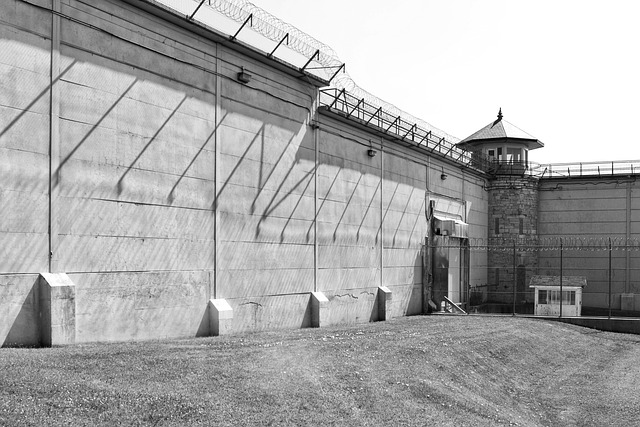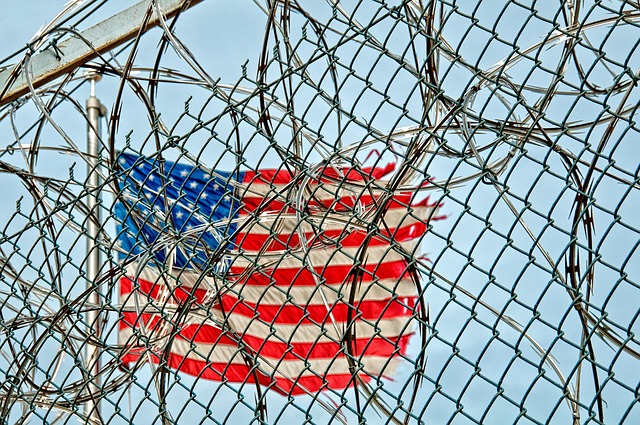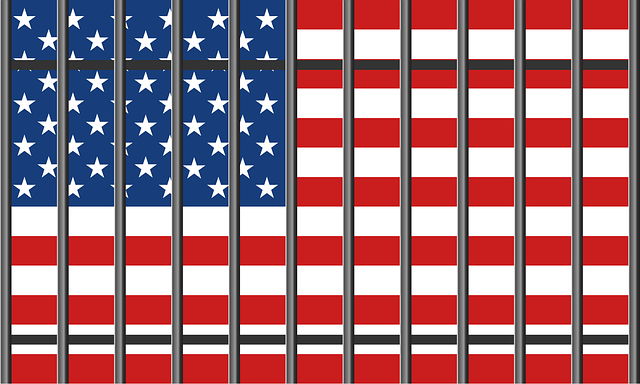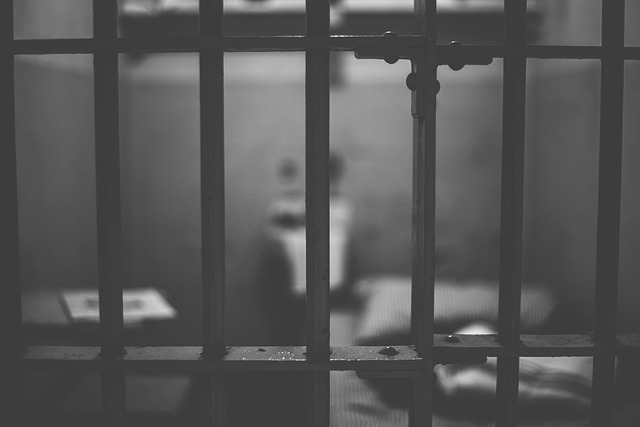Understanding property damage within the context of Drug Interaction and DUI Law is essential for individuals facing charges. This includes any harm or loss to another's property caused by impaired driving, with courts considering repair costs, emotional distress, and severity of damage to determine compensation. Key points: (1) Drug interactions can amplify alcohol's effects, complicating legal determinations; (2) DUI laws now account for these interactions; (3) Effective defences challenge drug test evidence, argue against post-incident behaviour as indicative of impairment, and leverage plea bargaining with mitigating factors.
In the intricate web of DUI (drunk driving) cases, understanding property damage is key. This article delves into the complexities of property damage in DUI scenarios, exploring how drug interaction can significantly alter liability. We navigate the legal strategies that defendants can employ to mitigate their responsibility, shedding light on crucial aspects of Drug Interaction and DUI law. By examining these factors, individuals faced with such charges can better comprehend their rights and potential outcomes.
- Understanding Property Damage in DUI Cases
- Drug Interaction and Its Impact on Liability
- Navigating Legal Strategies for Mitigating Liability
Understanding Property Damage in DUI Cases

In cases involving DUI (Driving Under the Influence) and property damage, understanding what constitutes property damage is crucial under drug interaction and DUI law. Property damage in this context refers to any harm or loss inflicted on another person’s property as a direct result of an individual’s impaired driving. This can include scenarios such as crashing into a vehicle or structure, causing an explosion due to careless handling of flammable substances while intoxicated, or even damaging someone’s property during an arrest if the police use excessive force while dealing with an DUI suspect.
The legal implications of property damage in DUI cases are significant, as it can lead to increased liability for the offender. Courts will consider various factors when determining compensation for victims, including the severity of the damage, the income lost due to repairs or replacement, and any emotional distress caused. Knowledge of these legal ramifications is essential for individuals facing DUI charges to protect their rights and understand the potential consequences of their actions under drug interaction and DUI law.
Drug Interaction and Its Impact on Liability
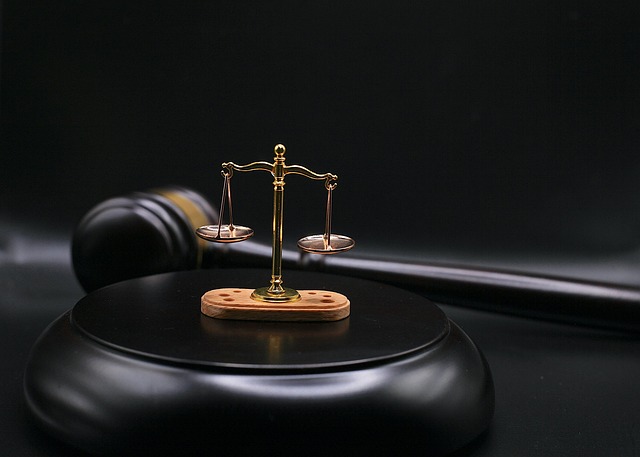
In the context of Property Damage DUI liability, understanding the role of drug interaction is paramount under DUI law. When an individual operates a vehicle while under the influence of drugs, it significantly impacts their reaction time, judgment, and coordination—critical factors in determining liability for property damage caused during a collision. Studies have shown that drug interactions can exacerbate the effects of alcohol, leading to impaired driving abilities that are far more severe than those resulting solely from alcohol consumption.
The complexity arises from the diverse range of drugs, both prescription and recreational, that individuals may be under the influence of while driving. These substances can interact with each other or with alcohol in ways that alter brain function, further complicating legal assessments of fault. DUI laws, therefore, not only address blood alcohol levels but also consider the presence and interaction of other drugs to ensure accurate apportionment of liability for any resulting property damage.
Navigating Legal Strategies for Mitigating Liability

Navigating legal strategies is crucial for mitigating liability in Property Damage DUI cases, especially considering the complex interplay between drug interactions and DUI laws. A comprehensive defence involves understanding the specific drugs involved, their effects on cognitive abilities, and how they interact with alcohol under the law. Legal experts advise that challenging the admissibility of evidence related to drug tests can be a powerful strategy. This includes questioning the reliability of field sobriety tests conducted after positive drug screenings, as these tests may have been influenced by the drug interaction.
Additionally, defence attorneys can argue that the accused’s behaviour and actions following the incident do not necessarily indicate impaired judgment due to drug use. They might also explore options for mitigating penalties through plea bargaining or presenting mitigating factors during trials, such as personal history, lack of prior offences, and cooperation with authorities. These strategies collectively aim to minimise liability and ensure a fair outcome in cases where drug interactions complicate DUI-related property damage incidents.
In understanding property damage within DUI cases, recognizing the intricate relationship between drug interaction and its impact on liability is paramount. Navigating legal strategies that mitigate this risk involves a deep dive into the specifics of drug effects and their interplay with driving impairment under current DUI laws. By employing these insights, individuals can better prepare themselves to face potential challenges, ensuring fair outcomes in court while acknowledging the complexities of Drug Interaction and DUI law.



